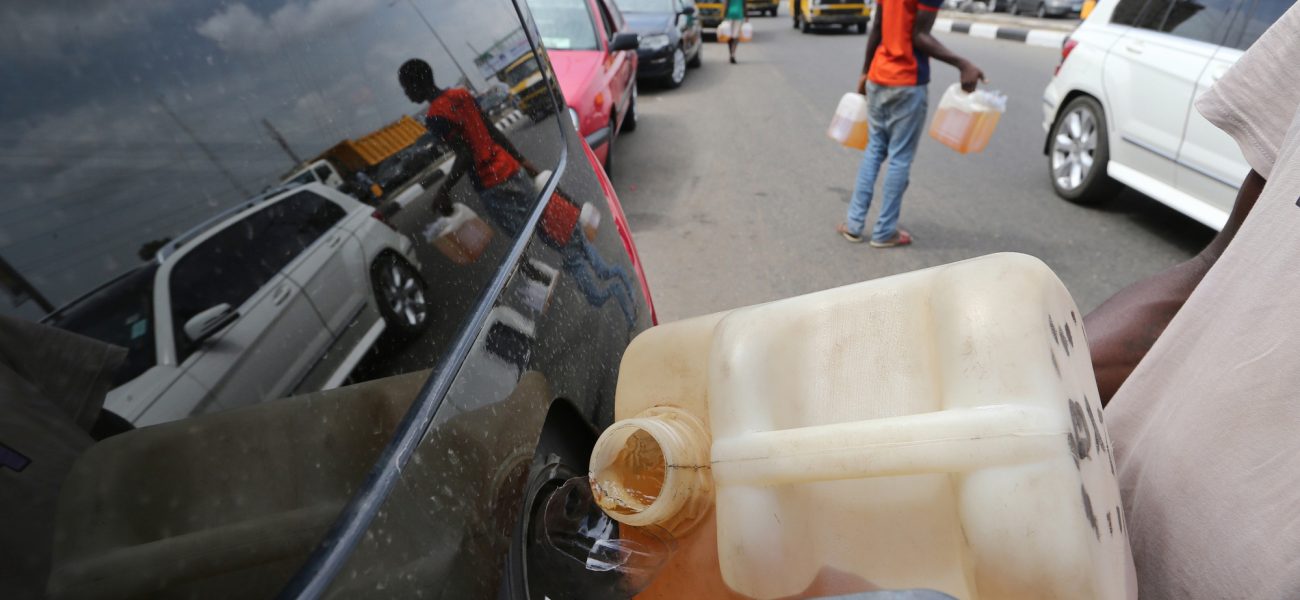Barely two days after taking the oath of office on Tuesday, 13th September 2022, Kenya’s new President, William Ruto announced the removal of subsidy on petroleum products. While the subsidy for petrol was removed, partial subsidy was retained for diesel and kerosene. Ruto had described his country as being “in a deep economic hole” and described food and fuel subsidies as “costly and ineffective”. It is unclear the effect that Kenya’s removal of fuel subsidy will have on its citizens. What is however clear is the apparent show of understanding about the decision. There are no citizens’ protest on the street and the country is bracing up for what could be a harsher impact on the economy.
In Nigeria, the government has failed to take decisive action on the subject of fuel subsidy. Indeed, it appears that it continues to dig down into the hole. From an official subsidy figure of N4trillion in 2022, the government is again planning a 2023 budget that may be paying more than N6.7 trillion in subsidy (for the full year of 2023) representing about 34 % of the total national budget. Indeed, almost Nigeria’s entire projected revenue for 2023 is expected to be ploughed back into subsidy. Yet, this may not even be sufficient to pay for the subsidy, even as the government anticipates a 2023 budget deficit of between N11.3 trillion to N12.31 trillion. It is unclear where the government intends to find money to fund the deficit with fears existing that some of the borrowed monies to fund the budget deficit will further go to payment of subsidy. For a lot of Nigeria watchers and citizens, this is mind boggling economics.
Nigeria has spent an incredible amount of money in claims that it is repairing its four major refineries. Last year, it spent about N100 billion claiming that the refineries were being fixed. The government also spent billions of naira subsidising, as well as selling subsidised foreign exchange to Dangote Refinery that is being built in Lagos ostensibly to end fuel imports. The Dangote refinery has been in the build mode for years without any clear indication about when it intends to come on stream.
Nigeria has not been able to manage its oil wealth. Since the beginning of the Russia-Ukraine war, several of the oil producing countries and companies have been able to reap windfall profits with consuming nations urging higher production. Unfortunately, Nigeria has seen continued drop in crude oil production and an inability to meet its production quota. In addition, the country is losing so much crude oil to theft. The expected privatisation of Nigeria’s oil behemoth, which resulted in the creation of Nigeria National Petroleum Company’s (NNPC) Limited under the Petroleum Industry Act appears to have complicated matters. Appointments into the take-off company has been very unprofessional with politicians put into its management and leadership. The new Company’s operations can be described at best as opaque. Governments in the country have not been able to tackle the issue of subsidy for a variety of reasons. First, the subsidy regime fosters a culture of corruption and thievery, which officials appear unwilling to dismantle. Second, the fear of the political consequences means that the boldness of action needed to be taken has been missing.
In January 2012, President Goodluck Jonathan’s attempt to remove petrol subsidy resulted in a nationwide shutdown protest headlined ‘#OccupyNigeria’ protest. The government backed down from the planned increase of the price of petrol. However, during campaigns in the 2015 general elections, President Muhammadu Buhari criticised the subsidy resume and promised that upon assumption of office, the issue of subsisdy will be resolved once and for all. Nigerians applauded this but have been disappointed to see an even worse subsidy regime under President Buhari. Despite the increase in oil price multiple times from the 2012 #OccupyNigeria protest price of N67/litre to the current price of N175/litre, the Buhari government’s spend on subsidy has unrestrainedly galloped. Although the Nigerian Labour Congress (NLC) and citizens offered feeble resistance to its price increases, the government had gone forward to increase fuel prices. Citizens had hoped that these increases would have helped to end the subsidy regime but this has apparently failed.
The question of retaining petrol subsidy has become even more crucial at this time when there are discrepancies observed in the quoted quantity of daily petrol consumption. Only a few weeks ago, the Nigeria Customs Service challenged the petrol consumption rate of 60 million litres per day given by the NNPC, as against the Company’s release of 98 million litres of petrol into the market on a daily basis. NNPC also claims that its revenue is being channeled into the payment of petrol subsidy, as explanation for non-remittance of its revenue into the Federation account since the beginning of 2022.
The entire petrol subsidy regime, with figures increasing at an alarming rate and taking up a huge chunk of the national budget appears unsustainable and requires immediate holistic review.

